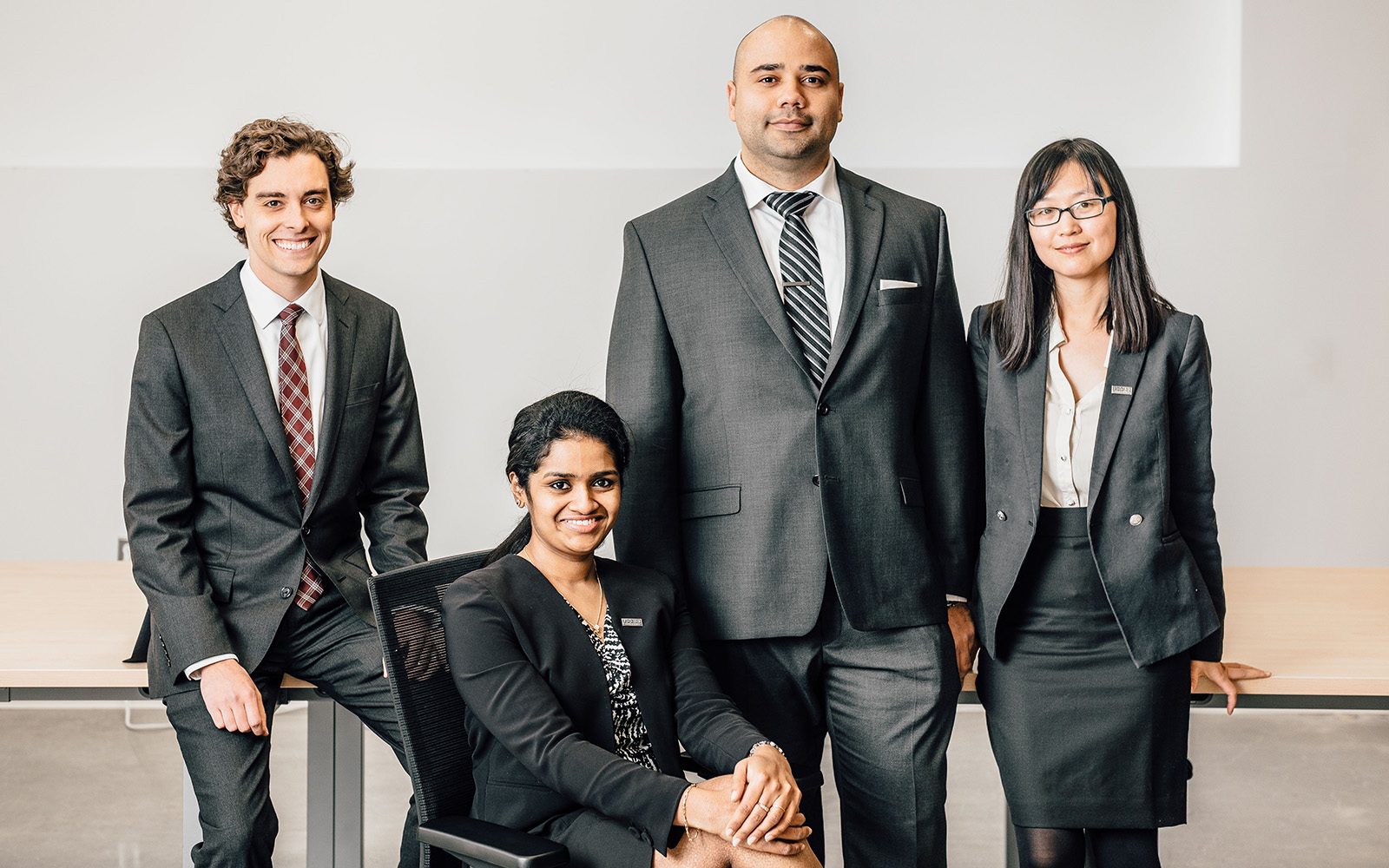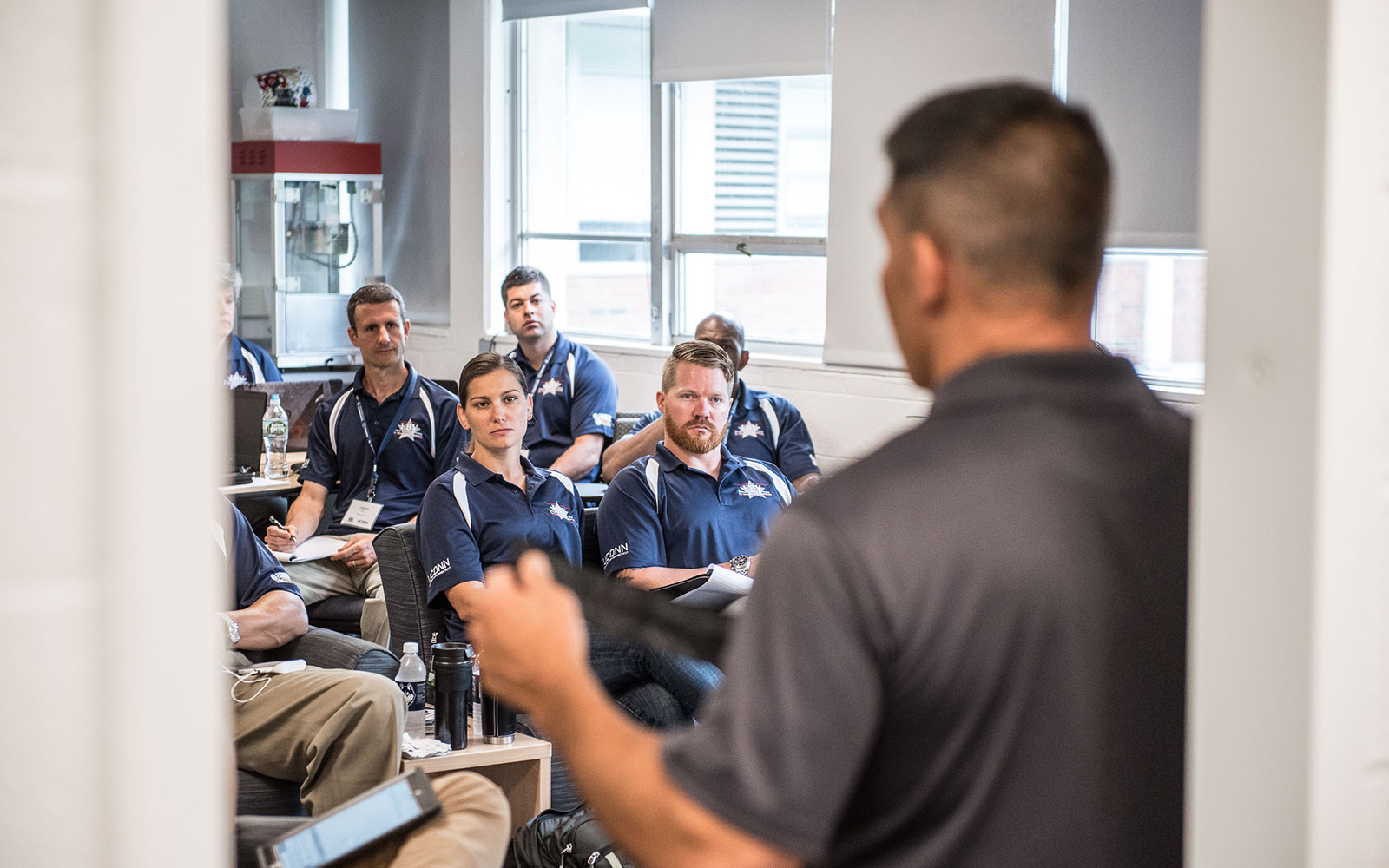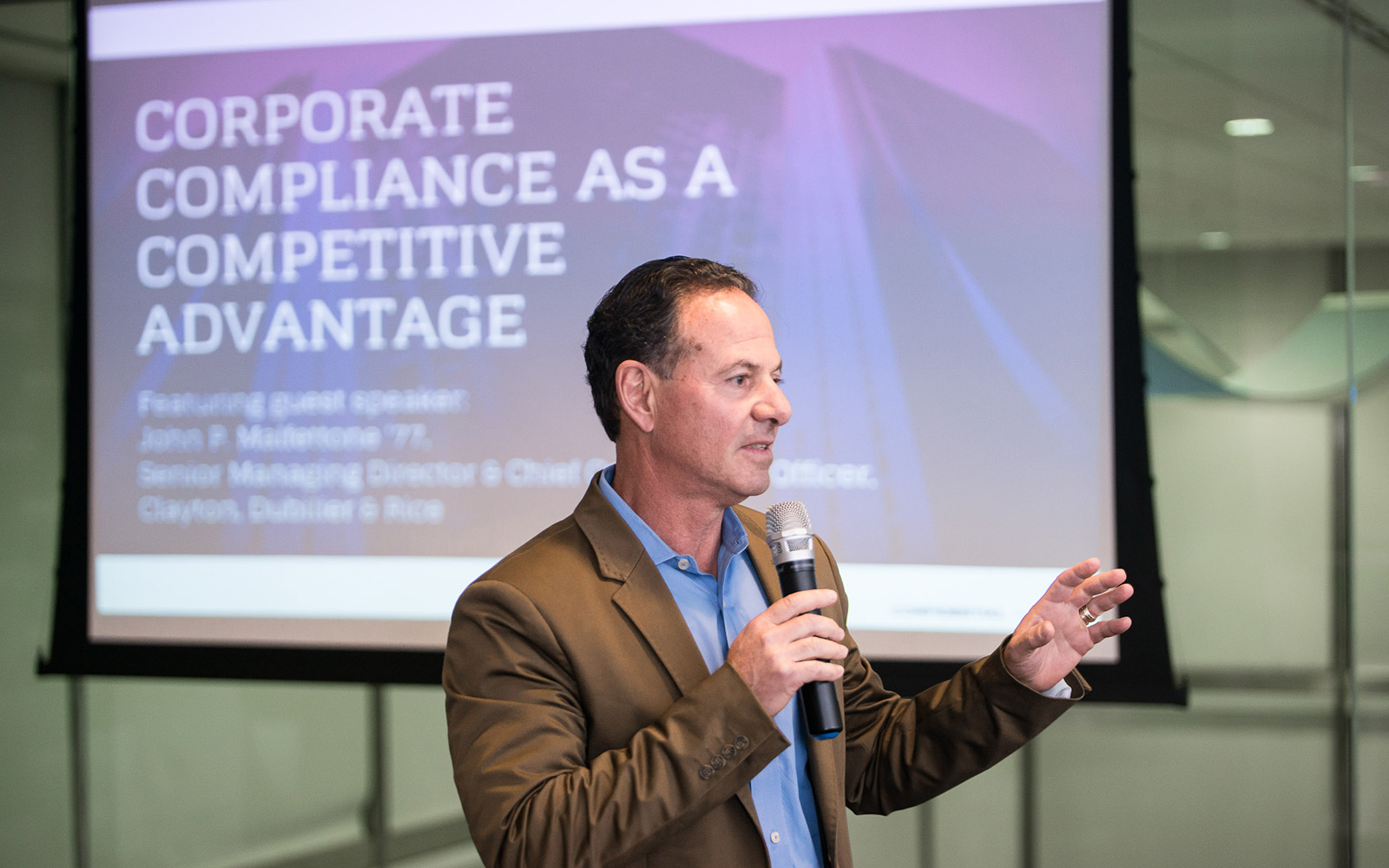BusinessBecause – According to the latest figures from QS, the average global 10-year return on investment (ROI) of an MBA is $390,751, but which school offers the best ROI, where are you most likely to achieve the greatest salary uplift, and how long will it take you to pay back your studies?
MBA
New MBA Students Quickly Becoming Leaders

As Insurance Industry Grapples with Change, MBA Candidates Could Become Trailblazers
First-year UConn MBA students faced one of their first big hurdles earlier this month when they were presented with a real-life, pressure-filled case competition, made all the more interesting by the presence of a special judge. Continue Reading
HBJ’s Best of Business Award Winners Revealed
Hartford Business Journal – For a second straight year, Hartford Business Journal asked its readers to vote on their favorite and most-trusted business-to-business providers across a range of industries to help us determine Greater Hartford’s Best of Business Awards winners.
HBJ’s Best of Business Awards
Hartford Business Journal – (p.30) Best MBA Program: University of Connecticut School of Business
New Study Shows Connecticut is Blazing the Trail for Women in Business
The Daily Campus/em> – Hartford ranks seventh in the top 10 American cities for women to start a business, according to a recent Citrix Sharefile study.
The study took into consideration economic and cultural factors such as percentage of businesses in the city owned by women, percentage of women business executives and buying power by local women.
Business School Hosts NYC Alumni Event

Panelists: ‘Turbulent Times’ Provide Opportunities for Leaders to Emerge
Former U.S. Navy SEAL commander David Cooper knows a few things about leading in turbulent times.
Cooper served the elite unit for 25 years, ventured on dozens of dangerous deployments, and earned an array of medals, including one Silver Star and six Bronze Stars.
So when he talked about the U.S. Navy Seals’ 10-year manhunt for Osama bin Laden, and his killing in May 2011, the audience of UConn graduate business students, alumni and friends were engrossed. Continue Reading
Dean’s Report 2017
Unlike Any Other Place
As we approach the final weeks of 2017, the School of Business is growing, thriving and delivering its best to our students, wherever they may be.
Excitement has been at fever pitch in the last few months. We have celebrated phenomenal growth in our campuses, our programs and our student enrollment. Continue Reading
Newman’s Own Grant Fortifies UConn’s Veteran Entrepreneurship Program

“They Consider Us Elite”
Newman’s Own Foundation has awarded a $135,000 grant to the School of Business’ Entrepreneurship Bootcamp for Veterans with Disabilities (EBV), one of only 26 non-profits nationwide to receive financial support. Continue Reading
UConn Alum Malfettone Speaks About Corporate Compliance as a Competitive Advantage

John Malfettone ’77, senior managing director and chief compliance officer at Clayton, Dubilier, and Rice, spoke to 100 students and alumni about “Corporate Compliance as a Competitive Advantage.” Continue Reading
UConn Grad Students Volunteer for Hartford Riverfront Recapture
UConn Net Impact Graduate Chapter – On October 13th, 2017, UConn’s Graduate Net Impact Chapter hosted a volunteer day for Riverfront Recapture, a non-profit organization that manages downtown Hartford’s riverfront park system.